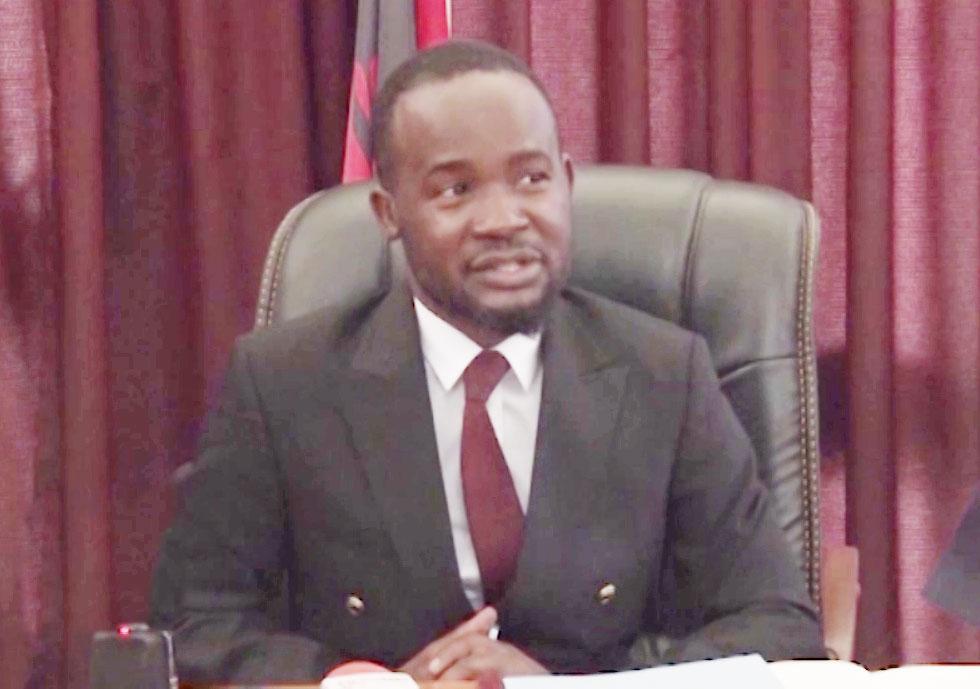Africa-Press – Malawi. The World Bank has said it expects the local economy to swell by 2.2 percent in 2023, up from 0.9 percent this year. In its 16th Malawi Economic Monitor (Mem), the bank says growth in 2023 will be driven in particular by a recovery of the agriculture sector.
The bank has, however, said a full recovery of the local economy to a pre-Covid growth path is not expected in the near term. According to the Bretton Woods institution, prolonged foreign exchange shortages could have severe and long-lasting effects on the real economy.
It says businesses have to forego potentially Mem, poor performance of exports, amid elevated global prices for most key commodities, would result in a further weakened external sector and a high current account deficit.
“While a more flexible exchange rate regime has some negative consequences in the short term, such as an increase in the cost of imports, it should gradually help increase export competitiveness and improve the trade balance in the medium term.
“However, limited diversification and declining global demand for tobacco will contribute to sustained difficulties in reducing the current account deficit. As such, increasing exports in identifying new potential export sectors, most notably in agribusiness and mining, will be essential,” the Mem reads.
On inflation, the bank says inflation is expected to remain high. It says Malawian businesses and consumers would likely have to expect higher Malawi kwacha prices for imported products, especially fuel, fertiliser and cooking oil.
“In addition to rising inflation, there is a possibility of energy prices rising, which will increase electricity prices and further strain the costs of production.
“Pressures on the macroeconomy could create further challenges for the achievement of the government’s fiscal consolidation aims. There is a risk that the FY2022-23 fiscal deficit may widen further to 8.6 percent of GPD, beyond the revised target of 7.0 percent of GDP in the absence of significant reforms,” the bank says.
Speaking during the launch of the report, Finance Minister Sosten Gwengwe said the Mem has come at a time when the government is grappling with different macroeconomic shocks which have affected growth in the country, including in the agriculture sector. He said the shocks have contributed to lowered economic growth, moving it away from the aspired path in Malawi 2063.
The Finance Minister said the external shocks from the impact of the Russia-Ukraine War, the ongoing balance of payments crisis, and weather-related shocks which disrupted agricultural production and electricity generation, have all contributed to this subdued growth.
He said, this, compounded with rising global prices of commodities, including on oil and fertiliser, has resulted in rising prices of domestic goods and services.
“The government remains committed to stabilise the economy and implement measures to reduce the pressure exerted by various shocks. For example, the government recognises the current government support to the agriculture sector is neither sustainable nor affordable.
“The government has announced reforms to increase the efficiency of the AIP by improving targeting and promoting diversification and commercialisation. The government is developing a plan that can best support agriculture commercialisation and is consistent with what the government can afford,” Gwengwe said.
Currently, Malawi aspires of becoming a lower upper middle income economy come 2030 as espoused in the First 10 Year Malawi Implementation Plan (MIP1). For the country to realise that dream, experts say it would have to grow its economy by at least six percent per annum.
But with a relatively subdued growth in the first years of the MIP1, economic commentators have been pushing the National Planning Commission (NPC) to shift the goal post for the lower middle income economy status to 2040.
But in an interview recently, NPC Director General Thomas Munthali said they would not be forced to change the target, saying it remains achievable if Malawi could put in place all the necessary ingredients to accelerate growth.
For More News And Analysis About Malawi Follow Africa-Press






